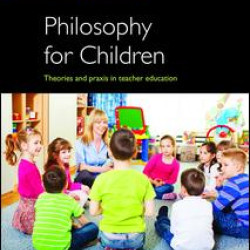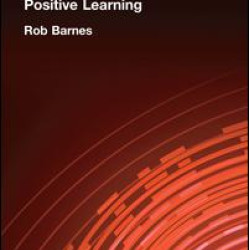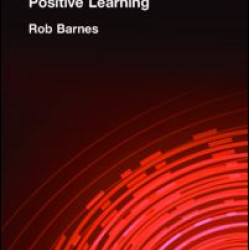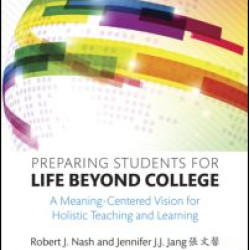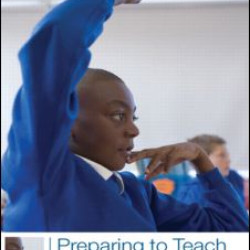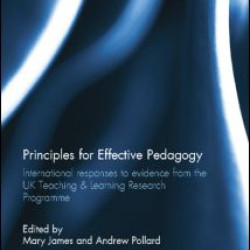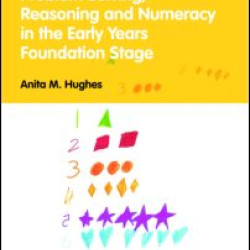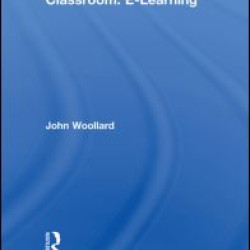Teaching & Learning
Brand: Taylor & Francis
Model: Stock
Philosophy for Children (P4C) is a movement that teaches reasoning and argumentative skills to children of all ages. This book looks at the progress that P4C has made in the UK in addressing issues of literacy, critical thinking, PSHE, education for sustainable development and wider issues such as b..
₹2,789.98 ₹3,487.48
Brand: Taylor & Francis
Model: 9780415558815
What do we mean when we use the word ‘play’ in terms of learning and development? This book argues that all play is purposeful. The Early Years Foundation Stage curriculum focuses on play as the prime mode of learning; this thought-provoking book clarifies what is required of practitioners...
₹7,711.20 ₹9,639.00
Brand: Taylor & Francis
Model: Stock
This book offers teachers and student-teachers in training a number of practical strategies for developing and improving teaching and learning...
₹11,016.00 ₹13,770.00
Brand: Taylor & Francis
Model: 9780415181396
This book offers teachers and student-teachers in training a number of practical strategies for developing and improving teaching and learning...
₹2,936.86 ₹3,671.08
Brand: Taylor & Francis
Model: Stock
This exciting book prepares colleges and universities to help students create meaning in their lives--no matter the discipline, campus location, or delivery system...
₹2,202.46 ₹2,753.08
Brand: Taylor & Francis
Model: 9780415300964
Preparing for your teacher training course? This book gives you a flavour of what it will be like. The authors take you through the various 'rites of passage' that you will encounter including real-life stories from student-teachers on PGCE courses...
₹1,908.70 ₹2,385.88
Brand: Taylor & Francis
Model: Stock
The UK Teaching and Learning Research Programme worked for ten years to improve outcomes for learners in schools and other sectors through high quality research. One outcome was the development of ten ‘evidence-informed’ principles for effective pedagogy. This book provides a scholarly account of th..
₹3,083.74 ₹3,854.68
Brand: Taylor & Francis
Model: 9780415476546
First Published in 2009. Routledge is an imprint of Taylor & Francis, an informa company...
₹1,688.39 ₹2,110.48
Brand: Taylor & Francis
Model: 9780415478403
First Published in 2009. Routledge is an imprint of Taylor & Francis, an informa company...
₹6,902.62 ₹8,628.28
Brand: Taylor & Francis
Model: Stock
In this book, scholars from around the world develop viable answers to the question of how it may be possible to promote students’ spontaneity in the use of learning and reasoning strategies...
₹2,275.90 ₹2,844.88
Brand: Taylor & Francis
Model: Stock
Psychology for the Classroom: E-Learning is a lively and accessible introduction to the field of technology-supported teaching and learning and the educational psychology associated with those developments...
₹7,711.20 ₹9,639.00
Brand: Taylor & Francis
Model: Stock
This book presents a series of empirical case studies illustrating many different ways of implementing the reflective practice cycle, and how they can be researched by practitioners and academics. This book explains a range of options for implementing the reflective practice cycle in educational set..
₹8,445.60 ₹10,557.00


